Chagos Archipelago Mission Team
Chagos Archipelago Mission Team
-

Stefan Andrews
Scientific Diver / Fish Surveyor
-

Andrew Bruckner, PhD
Former Chief Scientist of the Living Oceans Foundation
-

Gideon Butler
Coral Surveyor
-
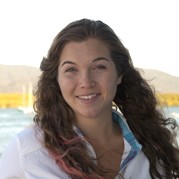
Samantha M. Clements
Benthic Surveyor / Scientific Diver
-
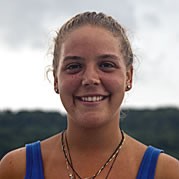
Georgia Coward
Oceans Watch New Zealand Representative
-
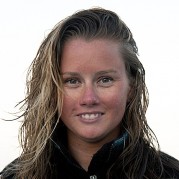
Alexandra Dempsey
Chief Executive Officer
-

Colleen Hansel
Coral Long-core Drilling Team
-
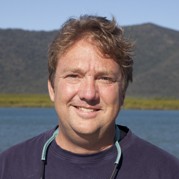
Konrad Hughen, Phd
Senior Scientist / Coral Surveyor
-

Jeremy Kerr
2010 Research Fellow, Benthic Habitat Mapping
-
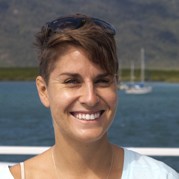
Katie Lubarsky
Masters Student / Fish Surveyor
-
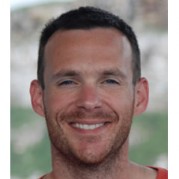
Derek Manzello, PhD
Ocean Acidification Scientist
-
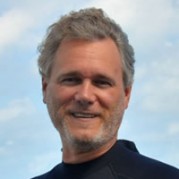
Ken Marks
Science Diver / Underwater Photographs
-

Anderson Mayfield, PhD
2013 Research Fellow
-

Justin Ossolinski
Senior Research Assistant, Coral Coring Team
-

Sam Purkis, PhD
Chief Scientist
-

Luis Ramirez
Ground Truthing & Mapping
-
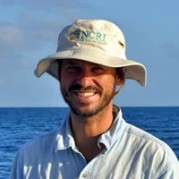
Bernard Reigl, PhD
Scientist
-
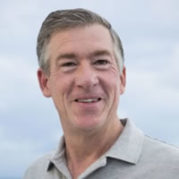
Philip Renaud
Former Executive Director of the Living Oceans Foundation
-

Badi Samaniego
2012 Research Fellow, Scientific Diver
-

Steve Saul, PhD
2013 Research Fellow, Reef Sampling
-
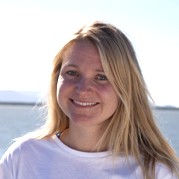
Kristin Stolberg
Research Assistant / Benthic Surveyor
-

Lauren Valentino
Ocean Acidification